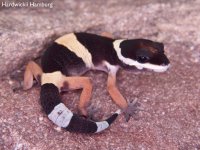Elizabeth Freer
Well-known member
Those sisters have been growing like weed(s). :coverlaugh:
Thanks for sharing their progress!
Thanks for sharing their progress!

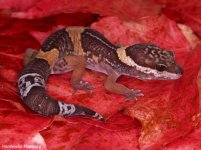

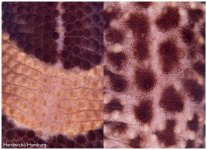

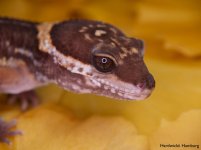
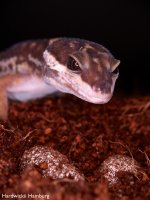
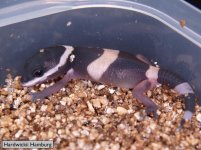
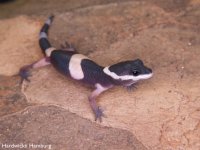
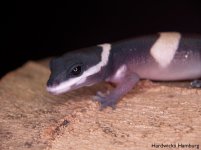
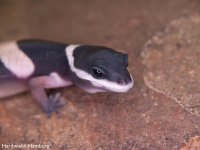
I'm sorry that you had significant losses with your E. hardwickii this season, Johannes, due to incubator malfunctions!Let's hope that the remaining 3 eggs will survive as well so I can provide you loyal followers of this thread with a lot of new baby Hardwickii pictures!
Here comes the update at one week of age.
What a difference a shed makes.
Perfect contrast!
View attachment 49123
View attachment 49124
Today the next Hardwickii Baby hatched. This one took 67 days of incubation.
View attachment 49149
View attachment 49150
It's a chunky one with 4.2g right out of the egg:
View attachment 49151
View attachment 49152
Congrats rhaco, nice animal. Let me ask you something: do you keep all of them and track their sexes? I have read that E. hardwickii and E. fuscus are more tricky to get males from thant other Eublepharis species. Seems that males need to be incubated in a more exact temperature. Have you checked this?



